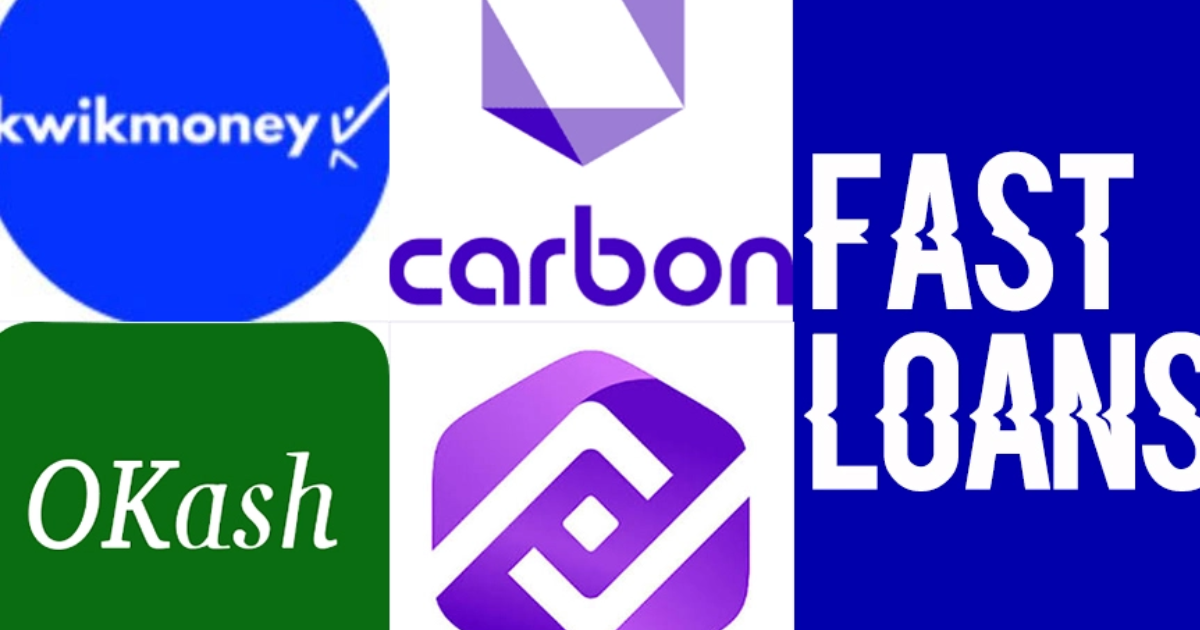FCCPC Approves 173 Digital Lending Platforms to Curb the Activities of Illegal Loan Apps in Nigeria

The Federal Competition and Consumer Protection Commission (FCCPC) has taken a major step towards curbing the activities of illegal loan apps in Nigeria by approving 173 digital lending platforms to operate in the country. Of the approved apps, 119 have full approval, while 54 have conditional approval. The registration and approval process of lending platforms by the FCCPC is aimed at protecting Nigerians from unscrupulous lenders.
The commission has issued a ‘Limited Interim Regulatory/Registration Framework and Guidelines for Digital Lending 2022’ to regulate the digital lending space and require companies seeking to operate in the space to register and be approved. After repeatedly moving the deadline, the FCCPC decided on March 27, 2023, as the final day for registration. Companies that do not have approval will be barred from operating in the space.
The FCCPC’s step is expected to improve the regulatory environment for digital lending in Nigeria and reduce the unnecessary swamp of loan apps in the market, which has become notorious for their sometimes unethical operations. Many Nigerians have reported harassment from these loan apps, prompting the FCCPC to impose regulation and stamp out the activities of loan sharks as well as the abuse of lending processes by illegal lending platforms.
FCCPC ’s Effort in Stamping out Loan Sharks
In August 2022, the agency stated, “In addition to the enforcement action(s), and in furtherance of the desire to promote fair, transparent, and mutually beneficial alternative lending opportunities apart from traditional lending to consumers, the inter-agency Joint Regulatory and Enforcement Task Force has developed and mutually adopted a Limited Interim Regulatory/Registration Framework and Guidance.”
“This is immediately enforceable. It requires permission to proceed with digital lending; it provides a limited moratorium period for existing businesses to comply in order to continue with digital lending. The guidelines also mandate different service providers in the relevant ecosystem (such as banks, access/download platforms or stores, technology providers, and payment systems) to require regulatory approval before providing services.”
In a bid to promote fair, transparent and mutually beneficial alternative lending opportunities apart from traditional lending to consumers, the inter-agency Joint Regulatory and Enforcement Task Force has developed and mutually adopted a Limited Interim Regulatory/ Registration Framework and Guidelines for Digital Lending, 2022 as the first and interim step to establishing a clear regulatory framework.
Loan apps without the FCCPC’s approval to be removed from Play Store
The guidelines also mandate different service providers in the relevant ecosystem, such as banks, access/download platforms or stores, technology providers, and payment systems, to require regulatory approval before providing services. Loan apps without the FCCPC’s approval will be removed from Play Store by Google and unavailable for download.
The FCCPC’s move is commendable and will go a long way toward protecting consumers from unethical lending practices by illegal lending platforms. Branch International Financial Services Limited, Fairmoney Micro Finance Bank, Pivo Technology Limited, Renmoney Microfinance Bank Limited, Carbon Microfinance Bank Limited, and Creditwave Finance Limited are among the approved loan apps listed by the commission.
Google Play updated its Developer Program Policy in November 2022, requiring digital money lenders in Nigeria, India, Indonesia, the Philippines, and Kenya to follow regulatory guidelines. The Nigeria Data Protection Bureau revealed in February 2023 that a national committee of federal agencies had joined forces to curb the activities of illegal loan apps in the country. in March, Google removed hundreds of loan apps from the Kenyan Play Store following the implementation of its new policy, which requires digital lenders in the East African nation of Kenya to provide proof of licensing.
The move is expected to improve the regulatory environment for digital lending in Nigeria, and protect Nigerians from unscrupulous lenders. It is commendable that the commission has taken this step towards regulating the digital lending space and ensuring fair, transparent and mutually beneficial alternative lending opportunities for consumers.
